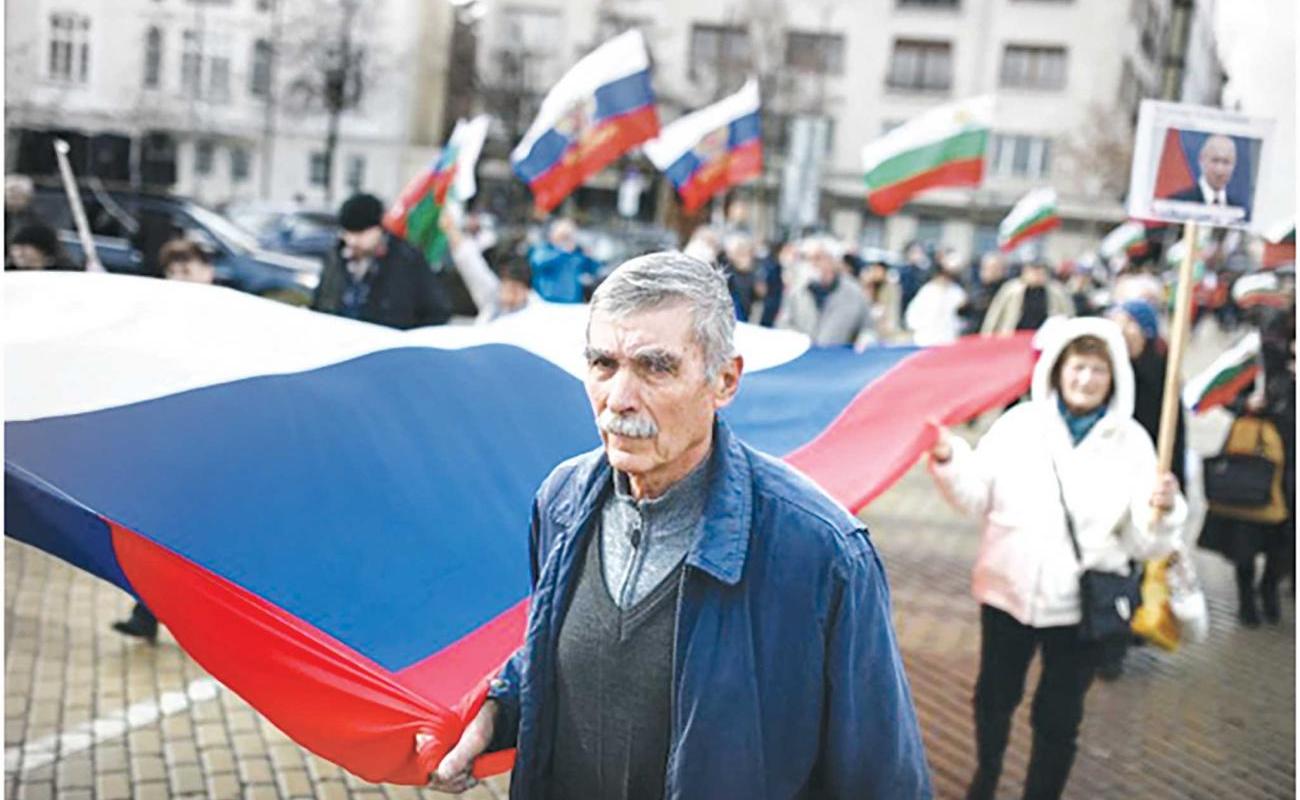Why some EU countries in the east are still pro-Russia

Russia’s large-scale invasion of Ukraine, launched a year ago, changed Europe overnight. It has set in motion tectonic shifts in political and economic relations, disrupting energy markets and upending existing supply chains. It has challenged the very core of the post-World War II European project: peace.
The brutal attack on Ukraine has been particularly unsettling for Eastern Europe, which has relatively recent memories of Russian hostility and occupation. This explains why there was such significant support in the region for severe sanctions on Russia, financial, military, and humanitarian aid for Ukraine, reinforcement of NATO’s eastern flank and a warm welcome for millions of Ukrainian refugees.
Yet, there are some countries in Eastern Europe that still harbour baffling sympathies for Russia, despite having faced Russian aggression in the past. Slovakia, Bulgaria and Hungary have stood out over the past year as particularly pro-Russia in their attitudes.
A September poll conducted in Slovakia shows that the majority of Slovaks would welcome a Russian military victory over Ukraine. In another survey conducted in May, only 33 percent of Bulgarians and 45 percent of Hungarians perceived Russia as a threat. Hungary, Slovakia, and Bulgaria also tend to show the weakest support in the region for European Union sanctions against Russia, according to a Eurobarometer survey conducted in the fall of 2022.
These attitudes have been reflected in government policies and rhetoric. Bulgaria and Hungary are the only NATO and EU members to have officially refused to deliver arms to Ukraine, echoing the popular belief that doing so would drag these countries into the conflict. Bulgaria’s previous government had to secretly provide Kyiv with ammunition and fuel, concealing the fact from the public.
While the Slovak government has extended bold and open help to Ukraine, including supplies of heavy weaponry, and is among its top backers internationally in terms of aid given as a percentage of gross domestic product (GDP), it has sided with Hungary when it comes to economically uncomfortable decisions, such as last year’s EU oil ban, for which it negotiated an exemption.
Both Bratislava and Budapest have also threatened to pay for Russian gas in roubles, if push came to shove, following Moscow’s decision to receive gas payments only in its currency. The Hungarian administration has repeatedly blocked sanctions against Russia in Brussels, while ramping up domestic anti-EU propaganda.
The persistent pro-Russian sentiments in these three countries have a lot to do with recent history and Russian opportunism.
The transition from communism in Eastern Europe came with high expectations for freedom, democracy and prosperity that have not always been met. The pursuit of the Western model of development not only failed to deliver in the eyes of some Eastern Europeans, but produced feelings of inadequacy and disillusionment.
This disappointment created a space for foreign malignant interference, buttressed by the growth of social media and other unregulated digital spaces in the past 15 years. Moscow, using its Cold War propaganda toolkit, cleverly tapped into these anxieties and irrational nostalgia for the “comfort” of communism, exploiting the ideas of pan-Slavic unity, and similarities across languages, history, and culture.
